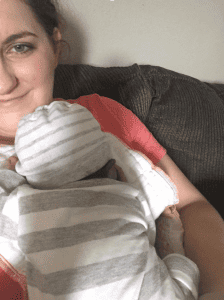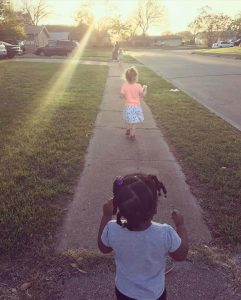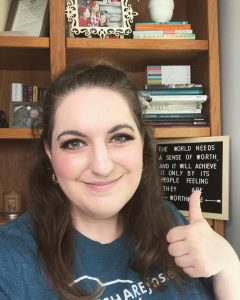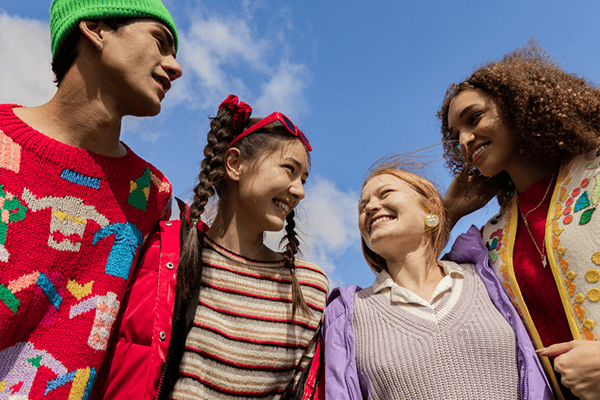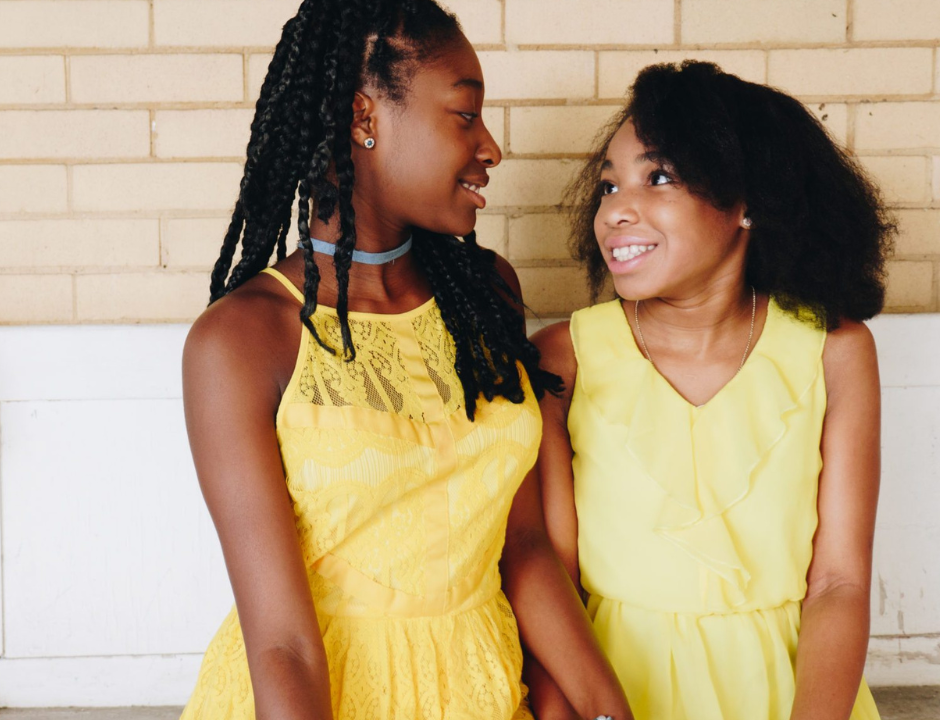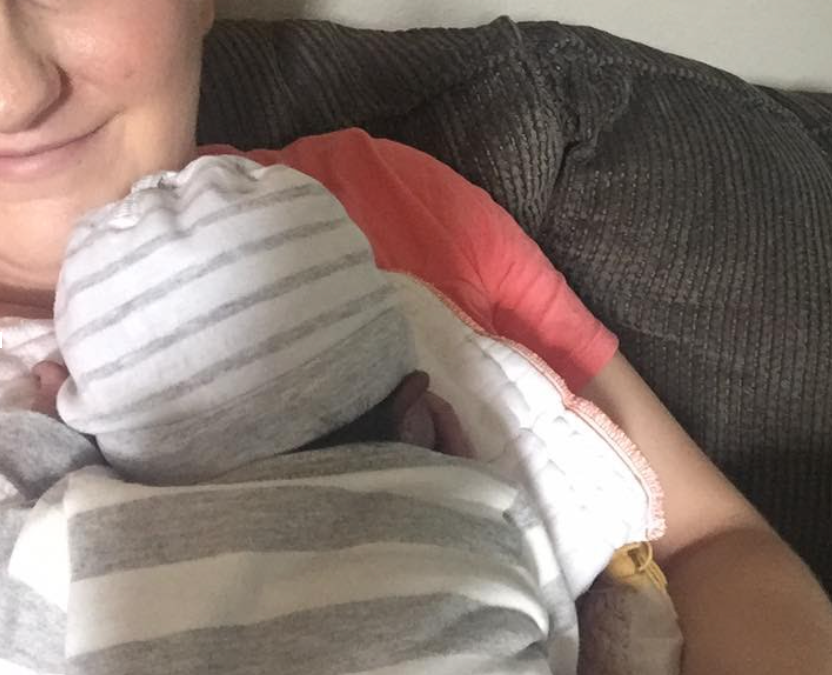
Being a lifelong learner is something I value highly; so, identifying things I thought I knew and have since realized I didn’t, or how I’ve changed along the way is something I often reflect on. As we approach 5 years of being foster parents, there are quite a few things that stand out. I like to think it’s the time spent reflecting on these things coupled with the commitment to continually be better that makes me a decent human being, mom, foster parent, wife, and friend. Here are a few areas where I have changed my perspective through lived experience, listening, and learning.
- My Motivation to Foster
One of the first things that comes to mind is “why” we foster. When we initially became licensed foster parents in 2016, our motivation was to eventually grow our family by way of adopting from foster care. We were dual licensed to foster and adopt, and envisioned our family growing when a child was unable to reunify with their family. Although there was nothing malicious in looking to grow our family, we have since altered the way we approach this. From listening to adult adoptees and former foster youth, I now see some selfishness in this motivation and approach. At the core, my desires to grow my family would require the loss and destruction of another family. Even with the best proactive models addressing child and family welfare, I know there will always be some children needing permanent placements, but I now approach the “why” of being a foster parent differently. We truly aim to support reunification, and by understanding our role in this, we decided not to pursue adoption certification when we moved and again became licensed foster parents. Although there has been a shift in my thoughts and approach, I am still very much a human being with feelings. I still get attached and love deeply. I still have to examine my feelings and biases constantly to ensure I am truly supporting a child’s best interest and the goal of reunification, and not subtly hoping for the destruction of another family to benefit my family.

- My Choice of Words
Another area I have changed in is the words I use. In our early years as foster parents we commonly would use phrases such as bio family, bio mom, birth dad, and foster kid. I would even use the abbreviation “BM” to mean bio mom. Along the way I’ve picked up on some subtle shifts in language that help reinforce respect and place the qualifier on me. For example simply saying “the child’s family”, “Jack’s mom” “Gracie’s grandmother” and placing the qualifier on us as “foster mom” and “foster family” is a simple way to not further “other” or alienate those individuals or their important relationships. Typically it’s easy enough for those I am talking with to use context clues to determine who it is I am referring to. I have also since learned that the abbreviation “BM” is frequently not well received by those it describes as it also means bowel movement. This may seem like a small or even silly thing to point out from our perspective, but, for people who have had their children removed, it can be things like the language we use that either add to feeling defeated and worthless, or to feeling respected and that reunification is possible. From listening to former foster youth and adult adoptees, I’ve learned that refraining from the use of “bio” or “birth parent” is especially important in foster care cases when a parent still has their rights – a parent is simply a parent. Just as I don’t typically distinguish that I am bio mom to the children I birthed, no distinguisher is needed to parents of the children I am temporarily caring for. “Child Centered Language is something I work to make my norm these days as well. Using “a child in care” versus “foster kid” ensures we are focusing on the child as a whole and not reducing them to a label that may bring stereotypes. Other examples of this include using “a child who had prenatal exposure” versus the insensitive phrase of “drug baby.” Along the subject of words, I have also learned that referring to myself as “foster mom” can be problematic. Although I take on a motherly role and perform many motherly duties, forgoing the usage of that title may be a way to preserve respect for a child’s mother. Caregiver is one way to skip the use of foster mom. Asking a child and the parents for their preference as well as offering compromises such as Auntie, Mama A, or even just your first name can be a great way to establish respect. At the end of the day, I am committed to providing the same level of care regardless of if I am called mom, momo, foster mom, auntie, a friend, a caregiver, or even Mrs. Katie.

- My View of Myself
The idea that love is enough and the great things I have to offer a child would be all that was needed to “save” a child is something I held going into foster care. It was easy to tell myself that my clean, calm home, the balanced meals, the extracurriculars, family vacations, and the love we had to share was surely enough to overcome any trauma. What I now realize is that most often, lack of love was not an issue; but instead, perhaps it was other concerns that take time to understand such as lack of protective factors, barriers to accessing resources, parents who did not experience healthy parenting themselves, generational trauma, and systematic issues at play. When I was able to see that most people do the best they can, and the fact that despite sometimes heartbreaking stories, kids typically love their families deeply and loyally and long for those missed connections, it was then that I could see the humanity in all of these stories. It was then that I could better understand my role, and the role of the system. It was a few years in that I was introduced to one of the ideas that has really shaped things for me and helped me be the foster parent I am today. It was the idea of exploring the difference between unsafe and uncomfortable. When I began to examine what truly is unsafe versus just being uncomfortable, I was able to see that my perspective and ideals were not always practical for every family. Sometimes the end product would be a bit uncomfortable for many of our norms, but not unsafe for the child. Understanding this also made it easier to acknowledge that being raised in their home, or with their family is almost always the goal, even if life looks different.

- My Voice in Advocacy
How I advocate for the children in my care is another area in which I have developed along the way. I’ve found that helping create a sense of normalcy for them and their families is something I can do in a variety of ways. Whether it’s helping arrange for birthdays to be celebrated together, incorporating special family traditions of the child in our home, facilitating additional visits, or communication, etc, this has become an easy way to truly support and embrace the child and their family. Of course this is done with guidance and the ok of caseworkers, but I’ve found it is an area that as the foster parent, I am able to speak up and advocate for easily.
Learning to seek out and value the voice and lived experience of a few different groups has also become an integral part of our fostering journey. It is directly because of the shared knowledge from adult adoptees and former foster youth, as well as people of color, that I do many things differently these days. To be the best foster parent I can be, I realize the need to learn from those that have lived this. There is so much to be learned and gained from valuing those perspectives. I will admit there were many moments along the way I pushed back at what I was learning. There were hard, uncomfortable truths shared that forced me to examine my motivations, my ethics, my preconceived notions and personal biases, as well as my involvement in the system. I had to learn that intent does not always equal impact, and that the feeling someone is left with from interacting with us is by far more impactful than what we said or did.
Looking back, there are plenty of things I wish I had known back then; but there’s also so much that could only have been learned along the way. Realizing some of my fundamental concepts and ideas have shifted for the better is what encourages me to continue to pursue learning and growing as a foster parent. I fully believe that we will never arrive at the spot where we know it all, and get it right every time, but being able to admit where we messed up and being willing to change going forward is what is critical to true growth and development. As Maya Angelou says, “do the best you can until you know better, then when you know better, do better.”
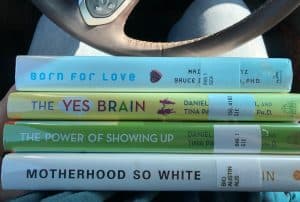
I encourage each of us involved in this work to commit to knowing better and doing better every day. Consider what ideas and approaches you have changed along the way and who you can look to learn from. We must be committed to helping each other do and be better together.
Katie would like to thank those who have encouraged, inspired, and pushed her to grow as a foster / adoptive parent – Bri, Seren, Jay, and Meghan. It’s because of the spaces you and others have created that I can look back and see where I came up short and look forward inspired to keep working to make it better.

